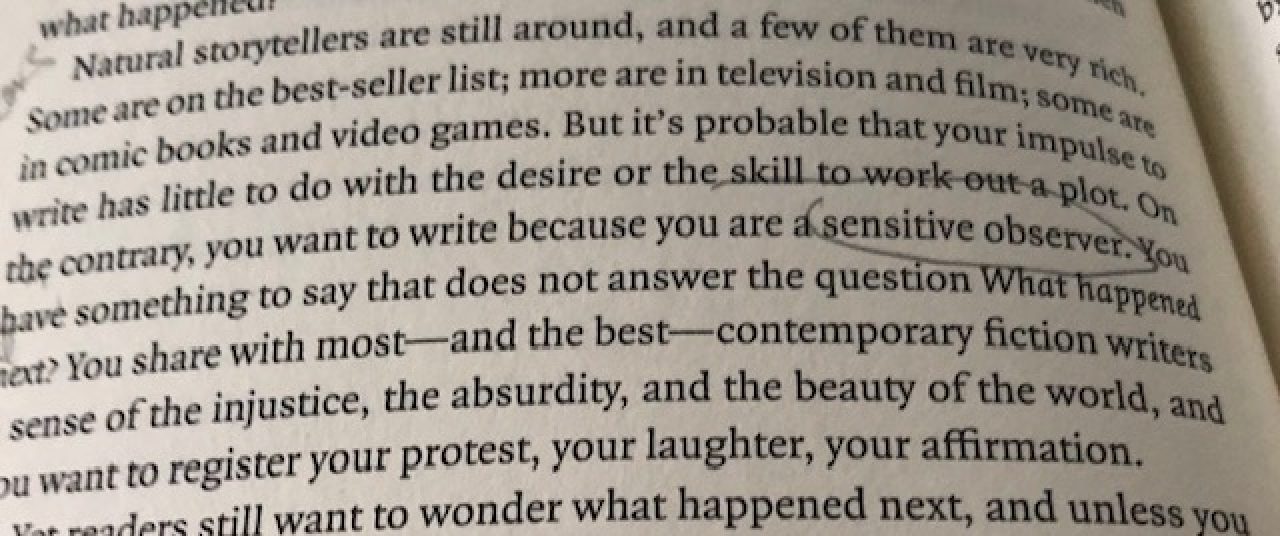It wasn’t until recently that I learned about the man and the myth behind the term chauvinist pig. This mythological man has been a part of society for quite a while and indirectly has been part of mine, especially since I live in a rural area. I was flabbergasted to find out that Chauvin was a fictional character, a legend, and although some thought he was a real person, history hasn’t backed this up. Instead he’s an archetype and not one to be proud of. You may know a few of them, particularly if you live in the country.
The chauvinistic character has a long history in comedies and satires. The loud-mouthed ardent patriot, aggressively clinging to extreme nationalism –which by the way Einstein called the “measles of mankind”– first appeared in French vaudeville around 1840. The allegorical Nicholas Chauvin was an aging soldier who allegedly had 17 wounds and three amputated fingers, all from his persistent re-enlisting in the military. He was a peasant, his name synonymous with “clodhopper” or “country bumpkin.” Early songs about him make him sound like a man obsessed with his sex-life as much as he was with France and Napoleon. He was in fact, “pig-like” in that he was unaware of how expendable he was to Napolean–how the battles he bragged about were leading him to eventual slaughter, but not before he returned home and made more little piggies to send off on nationalistic tasks for any Empire in power. His first sexual experiences were with women who took his money. He was used. He was deep-down a coward. Yet he glorified sex and violence. He was a chauvinist.
A chauvinist is then, anyone who has a self-defeating “tribal attachment” to their race, gender, profession, or nationality. What does it take to create a chauvinist?
The romanticized image of the mutilated soldier-peasant with either a weapon or a spade over his broken shoulder has been pushed since the days of Pliny the Elder. How do you think Rome got so powerful? The image is hauled out and “worshiped” whenever “intellectuals” such as Einstein unfavorably critique the value of war and its exploitation of the lower class or talk about free college. Farmer-soldiers have been common throughout history, especially in the Union in the Civil War. (One of my relatives was such a soldier. He was severely injured and unable to farm, became educated instead.) The first step in creating a chauvinist is to connect it with patriotism.
Traditionally, farmer-soldiers are rewarded with land, but only if land is available. Interestingly enough, Midwestern farm women have been heavily lobbied to reject any kind of “feminism” or “women’s lib” as a threat to their way of life, their faith, and to the men who “feed America.” They have been told not to fight for themselves. Most of this perception was fanned by Farm Bureau (an insurance company) and other organizations who sell them things, starting in the 1980s. Rural women have been taught to accept and defend chauvinism…by insurance sellers. Another step in creating chauvinists is getting buy-in from women.
I have been wondering why my Midwestern-college employer put up rusty $100,000 landscaping statues to honor veterans instead of having the art department come up with something beautiful and inclusive. These rusty guys replaced a set of beautiful marble tablets engraved with names of Civil War dead and trees were cut to make way for them. Now, I see. This sort of imagery isn’t meant for people like me. War isn’t supposed to make intellectual sense. Those riveted scraps of corrosion represent the broken peasants and their mythology. Even at a college, a seat of intellectualism, the myth must live on because it’s useful to those in power. Even today, most military recruits are poor and yes, rural. So, another step in chauvinism is shallow tributes to it.
The chauvinist thus holds a certain type of grievance or unhappiness because of unjustness, and he responds by, well, being unjust. An older, country woman once told me that prejudice was the price women paid for not going to war. War, its injustice, rural life, and chauvinism go hand in hand.
At the heart of chauvinism lies aggression. As Masters and Johnson pointed out long ago, “sexuality is a dimension of personality” and although sexual aggression is often taken as a cultural symbol of male sexuality, it is not “hardwired” into human males. It is taught. The chauvinist has an axe to grind against society. The chauvinist ideal was created long ago but even today, men with fragile self-worth are more likely to lash out with aggression towards those around them.
For many, chauvinists are entertaining idiots. Their archetypes can take many forms: the redneck, the jingoist, the playboy, the gun-nut, the male chauvinist pig. Heck, even I have hapless chauvinists in my rural dystopian novels. Where else can you get comedy and tragedy in one package? The last step in chauvinism is to make it so normal that it’s funny.
Chauvinism is an identity. Nicholas Chauvin was meant to be a fool. However, many a chauvinist has embraced the term as a source of jokes and a badge of honor. Rush Limbaugh didn’t get a medal for being a nice person, or for any type of truth telling, but for reinforcing myth. He was proud of being a jerk, because he was a funny jerk, like Nicholas Chauvin. He even was called a political vaudevillian. Although Nick Chauvin died on the battlefield because he wouldn’t surrender, chauvinists aren’t going away any time soon. But should there come a time when we stop laughing?














